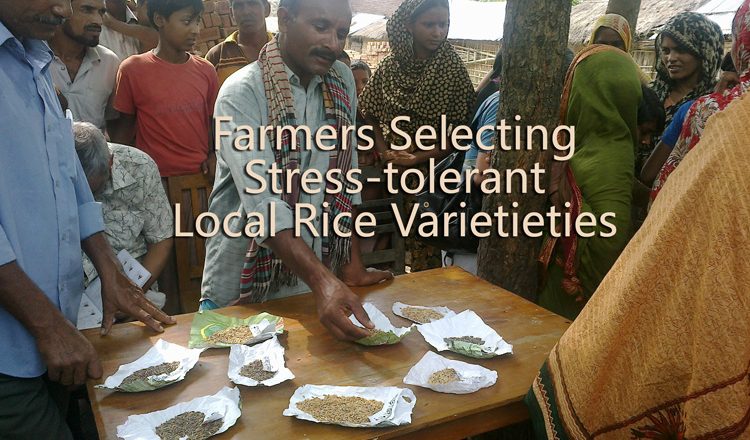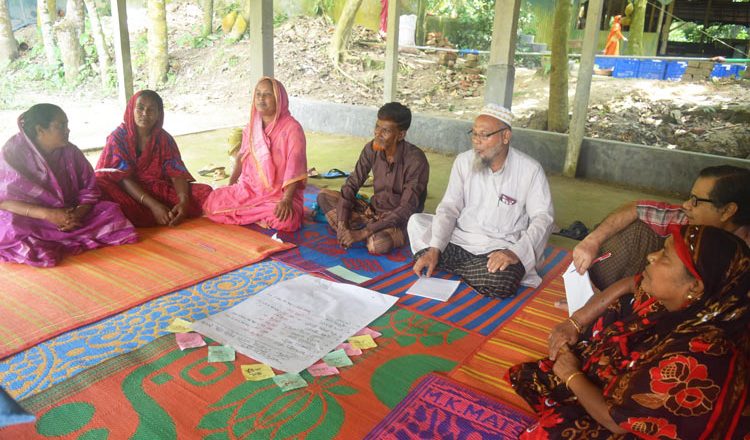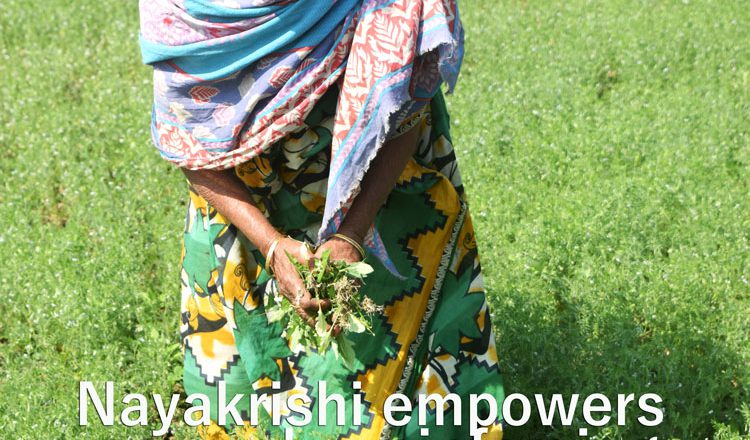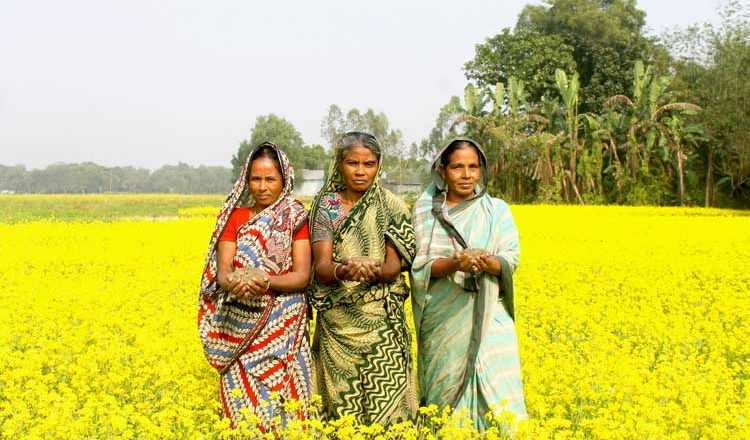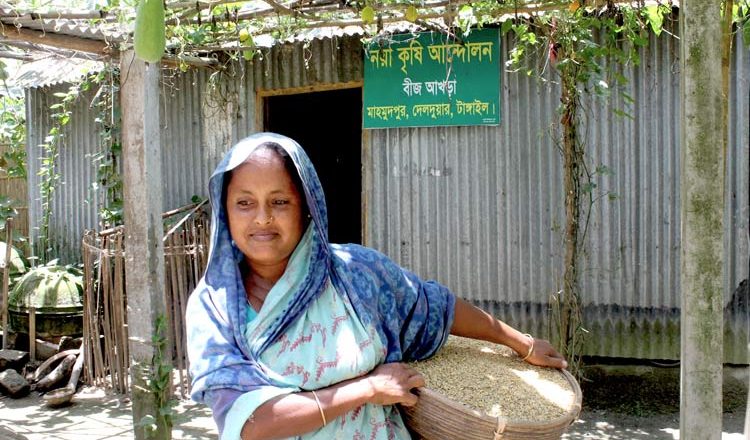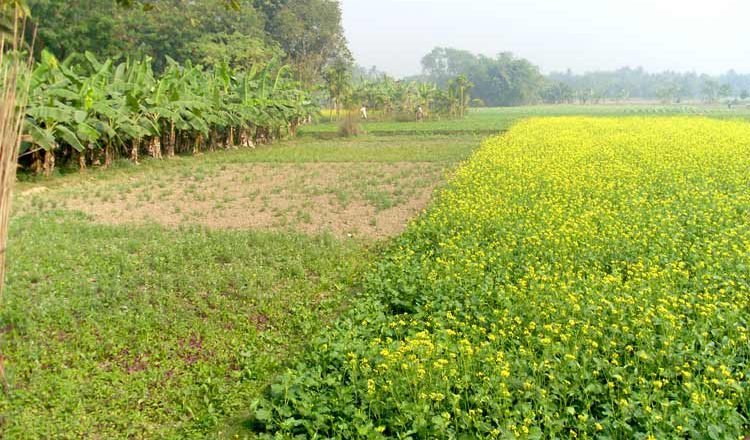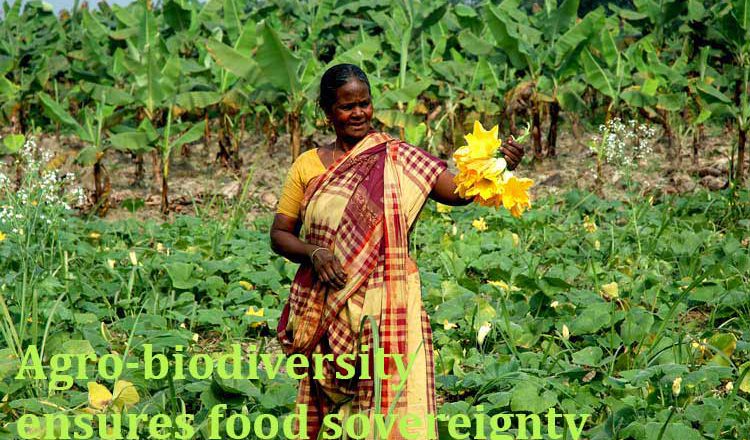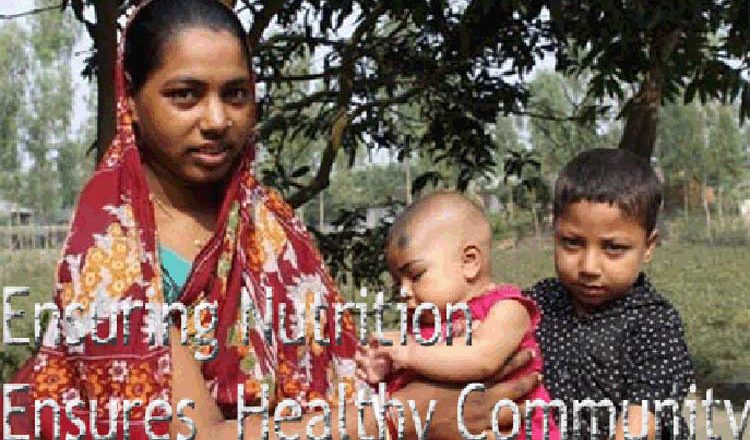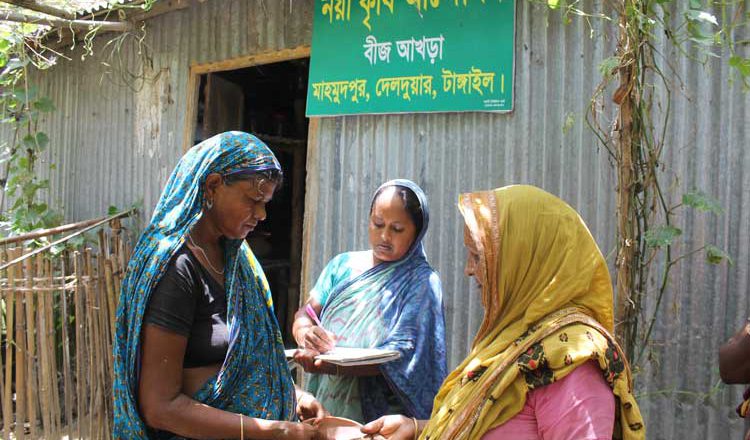3. Reinventing Agriculture: Need a paradigm shift to agro-ecological principles
UBINIG Wednesday 20 May 2020 || READ BY SUBJECT: COVID-19: UBINIG Report Series
COVID-19 pandemic is revealing the disastrous consequences of the neo-liberal development policy that systematically undermined and dismantled the social and the collective responsibility of the State towards its members. In the neo-liberal development paradigm, market dictates vital national concerns such as health, food, nutrition, livelihood and human behaviour. Systematic downplaying of the vital national concerns and its strategy to dismantle or reconfigure existing socio-economic relations and institutions contributed to among others the collapse of public health . The onset of Covid-19 pandemic made this collapse instantly visible, signalling the precarious and vulnerable conditions of all other...
